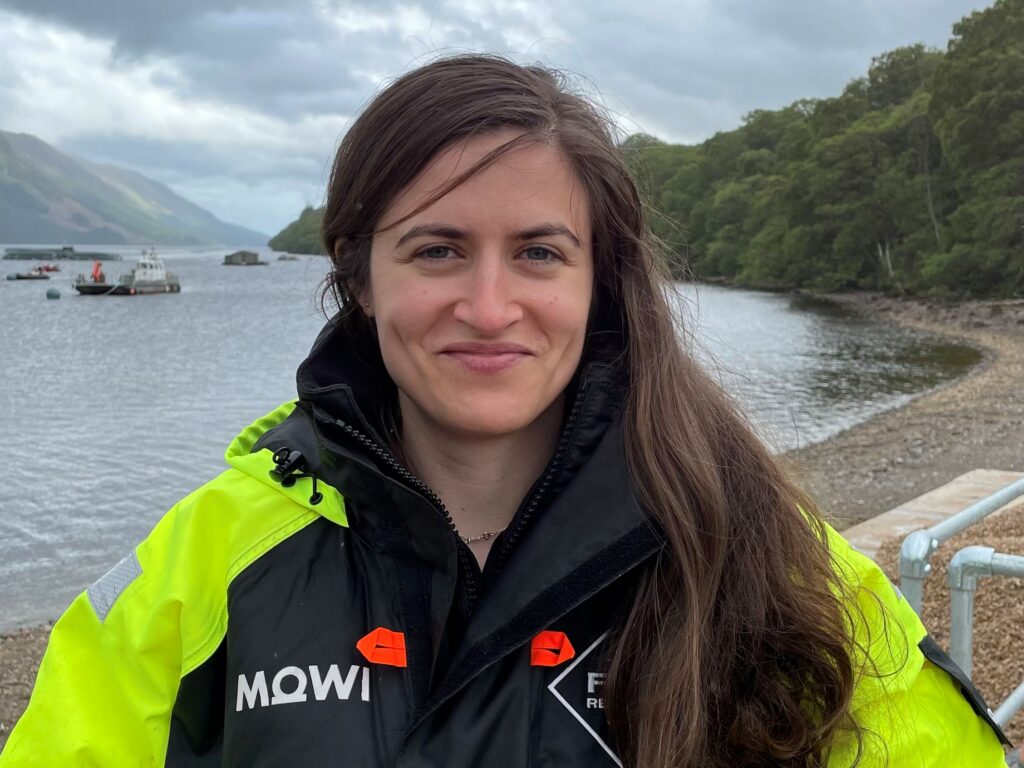Call to use farm rents to fix rural housing crisis

Funds raised by Crown Estate Scotland from fish farming licences should be used to help coastal areas tackle the housing crisis. That’s the message from industry body Salmon Scotland, which wants to see a system like that in Norway, where a ring fenced element of farm rents is used to benefit local communities.
Analysis by Salmon Scotland shows that average home prices in areas where salmon farms operate have risen more sharply than the national average, while the average time it takes for local councils to provide housing assistance has soared.
The lack of available, affordable housing is affecting the ability of people to live and work in Highland and Island communities.
While the farm-raised salmon sector is already one of the largest private sector employers in many rural parts of north and west Scotland, the shortage of housing is preventing key vacancies from being filled and acting as a drag on the local economies.
Analysis carried out by Salmon Scotland shows that average house prices in the Highlands and Islands have grown faster than the average for Scotland.
In Argyll and Bute, for example, the average price of a house has increased from £84,084 to £199,179 a rise of 137%. In Shetland, it has increased from £56,474 to £178,358, up 216%, and this is reflected in other island and coastal regions.
The Griggs Report into the regulation of aquaculture, published earlier this year, recommended that the Scottish Government look into ensuring that a portion of the funds raised from the proposed single licensing payment is used to benefit coastal regions, either through disbursement by the Government or by a direct payment by the operator to the local community.
A similar scheme is already in operation as part of Norway’s farm licensing system.
At present, Salmon Scotland says, salmon farming contributes more than £5m directly to Crown Estate Scotland (CES), or more than a fifth of the quango’s revenues, with this fee set to nearly double.
CES overall revenues are expected, however, to soar from £26m in 2021-22 to £102m in 2022-23 thanks to ScotWind offshore licensing fees. Salmon Scotland is calling for around £10m to be invested in rural communities from this pot.
Noemi Lorenzo-Vidaña started work as a seawater health manager and veterinarian at Mowi Scotland earlier in 2022.
She and her partner have searched for months for affordable and reasonable accommodation near Fort William, without success. She is currently having to commute from Aberdeen on a weekly basis.
She said: “When I started my new job in aquaculture I was very excited about the new challenge it presented and especially because the Highlands and Islands is such a wonderful area.
“However, the biggest challenge, and most stressful, has been finding accommodation.
“The search has been very discouraging because it is affecting me not only on a personal level, but also on a professional level.
“It’s difficult to be able to put all my energy into work when my situation is so unclear. I really hope I can live and contribute to the local community very soon.”
Tavish Scott, Chief Executive of Salmon Scotland, commented: “The most pressing crisis facing our Highland and Island communities is the complete lack of access to available, affordable housing.
“So we’re calling for the money raised through salmon farm rents to be reinvested in local communities to address the biggest issue affecting our coastal communities – access to affordable housing.
“Salmon farmers are embedded in their local communities and want the economic benefit generated by Scotland’s biggest food export to be shared in the local communities where they operate.”

Noemi Lorenzo-Vidaña, Mowi Scotland

